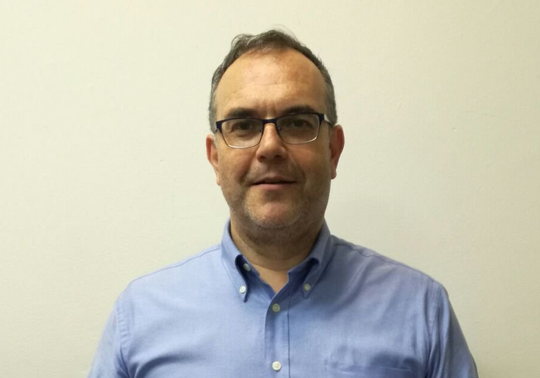La Universitat takes part in the spanish network of the Small World Initiative Project (SWI@Spain)
- July 31st, 2017

It is a citizen science project aimed to discover new antibiotics and to encourage the scientific culture. The establishment of the Small World Initiative - València (SWI@Val) will be carried out through a Service-Learning (ApS) strategy which involves all the student body and faculty from the Universitat de València affiliated with different centres (Biology, Pharmacy, Medicine and ETSE). The team is coordinated by professor Sergi Maicas.
It has been requested an Innovative Educational Project (SFPIE) coordinated by professor Sergi Maicas (department of Microbiology and Ecology) supported by the CAT/CCA from eight degrees and two university master’s degrees, as well as 14 groups of students from secondary schools of the metropolitan area of Valencia.
The international Small World Initiative (SWI) is a citizen science project to discover new antibiotics and to encourage the scientific culture. SWI is a project started in 2012 at Yale University (USA) that has achieved a great success. Its aim is to bring the scientific culture and the biomedical research closer to the pre-university students in order to encourage the investigation vocation. To this effect a crowdsourcing strategy is used intended to discover new antibiotics. The experimental approach is identical to the famous and coincidental discovery of the penicillin by Alexander Fleming, but in a conducted and participatory way. The crowdsourcing involves the outsourcing of tasks which will be carried out by a big number of voluntaries or by a community through an open call instead of being subcontracted.
In addition to contributing to the search for new antibiotics, the activities planned in the network are intended to recruit students into a curriculum focused on the research or biomedicine, which they often reject because they are not motivated. It is expected to increase the vocation towards science and research before attending university and also to exploit the project to awake scientific vocations. Consequently, it is necessary to work on it in secondary school and high school.
The workshop that took place at Complutense University of Madrid (18-20 July) has gathered teaching staff from 19 universities forming the National Network SWI@Spain under the auspices of the Teaching and Microbiology Dissemination Group (DDM-SEM) and the National Antibiotic Resistance Plan of the Spanish Agency for Medicines and Health Products.
Links: www.smallworldinitiative.org www.aemps.gob.es
















